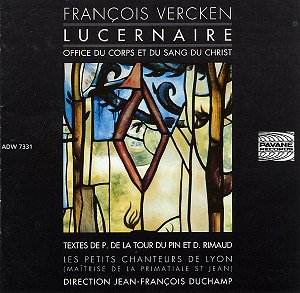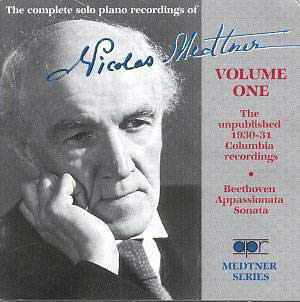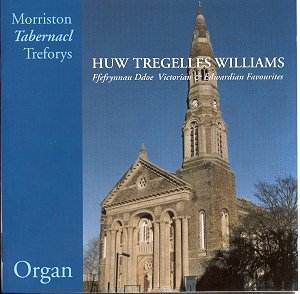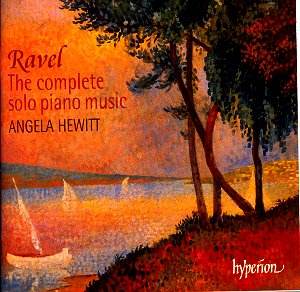 Composer: François Vercken
Composer: François Vercken
Works: Lucernaire (Office of the Body and Blood of Christ)
Performers: Les Petits Chanteurs de Lyon, various instrumentalists, Jean-François Duchamp (conductor)
Recording: Live performance, St Jacques Church, Rheims, 4 June 1994
Label: Pavane Records ADW 7331
Francois Vercken emerges as a figure of intriguing obscurity within the realm of contemporary liturgical music, having primarily composed works steeped in the sacred tradition. His piece, Lucernaire, commissioned by L’Association Art d’Église, aims to encapsulate the solemnity and introspection associated with the evening Office during the lighting of lamps. This work, loosely inspired by the Office of Vespers for the Feast of Corpus Christi, is a reflection of an era when religious service sought to integrate contemporary aesthetics into sacred spaces, yet it falters in achieving this lofty ambition.
The performance by Les Petits Chanteurs de Lyon, under the direction of Jean-François Duchamp, demonstrates notable technical prowess. The choir navigates the challenging vocal lines and elusive harmonies with commendable precision, though the material often offers them little in the way of melodic relief. The starkness of the opening bars serves as a harbinger of the dense harmonic language that characterizes much of the work. Violent clusters, employed mainly through the organ, frequently interrupt the flow, contributing to a sense of rhythmic inertia that pervades the composition. Indeed, this lack of rhythmic vitality is disconcerting, as the piece rarely deviates from its grim dissonance, save for a solitary section where Gregorian chant provides a brief respite.
The longest segment, Litanies d’Intercession, stretches to ten minutes and is one of the few moments where the repetitive nature of the litany form finds tolerable expression. However, the material lacks the emotional weight necessary to sustain listener engagement through its inevitable cycles. The concluding Acclamation begins with a semblance of chorale simplicity but soon descends into a rehash of the work’s more disagreeable features, leaving one yearning for a more rewarding resolution.
Recording quality is competent, capturing the live essence of the performance, yet it does little to mitigate the overall bleakness of Vercken’s composition. The sound engineering effectively conveys the resonant acoustics of St Jacques Church, allowing the vocal ensemble to blend harmoniously, but it cannot disguise the intrinsic challenges posed by the piece itself. Compared to more emotionally resonant works within the liturgical canon, such as Stainer’s The Crucifixion, Lucernaire feels detached from the congregational experience it seeks to enrich.
Articulating a clear stance on this work, the experience of listening to Lucernaire reveals a significant disjunction between the composer’s intentions and the emotional or spiritual engagement it elicits. While the performance is commendably executed, the material itself ultimately offers little to uplift or inspire, positioning Vercken’s contribution as an isolated instance of somber reflection rather than a meaningful enhancement to the liturgical tradition.



